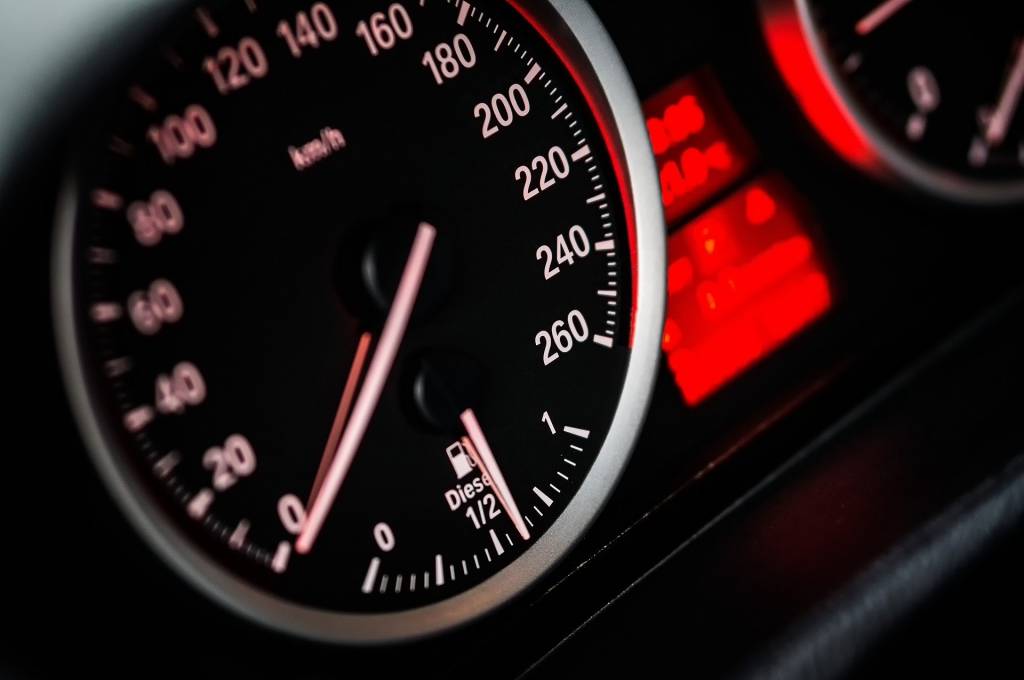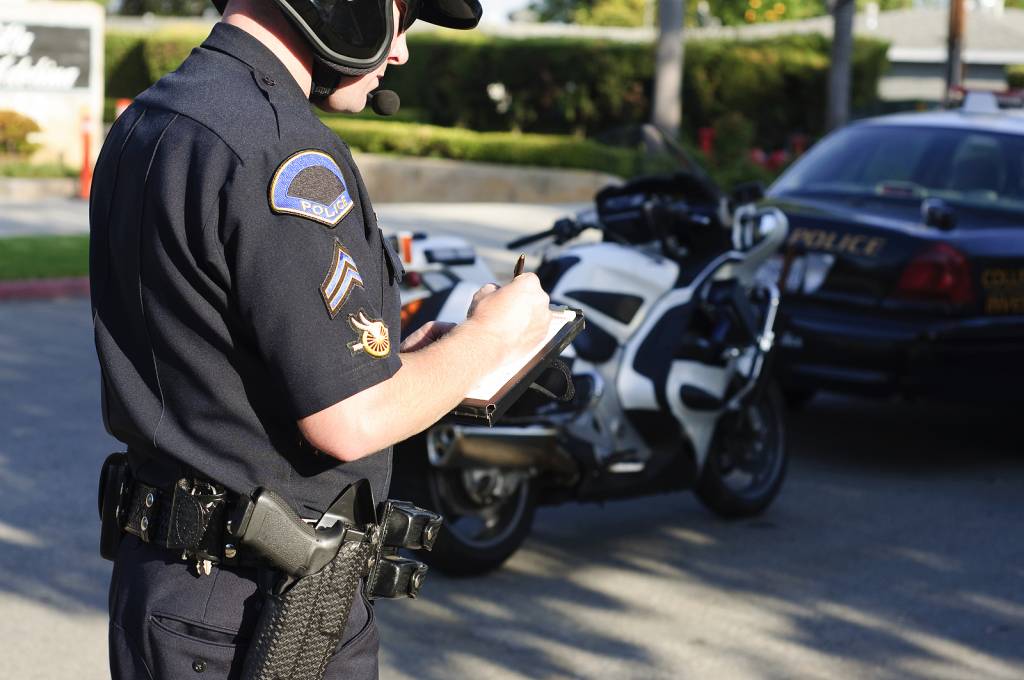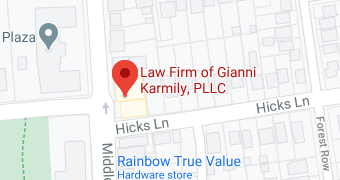Traffic tickets are inconvenient, and if you get a ticket, you may feel like you have been singled out unfairly. Nevertheless, in New York, a ticket must be dealt with and resolved quickly, or it can become a serious legal problem. The right Nassau County traffic ticket attorney can help.
Resolving a traffic ticket, however, does not necessarily mean that you should simply pay the fine. Paying the fine without contesting the charge is an admission of your guilt that not only puts points on your driver’s license but also increases your auto insurance rates.
Whether they are acting out of complacency or out of fear, the majority of motorists who receive traffic tickets in New York simply admit their guilt, pay the fine, and deal with the consequences. That is not the wisest way to handle a traffic ticket.
Why Should You Fight a Traffic Ticket?
You should never pay a traffic fine in New York without fighting the charge, because you do not want higher insurance rates or points on your driver’s license. The state’s Department of Motor Vehicles (DMV) uses a point system to assign points for traffic violations. Here’s how it works.
All New York traffic tickets carry 2 to 11 points – if you are found guilty of the violation. If you receive 6 or more points within 18 months, you must pay a Driver Responsibility Assessment fee. If you get 11 or more points in an 18-month period, your driver’s license may be suspended.
How Many Points Are Assigned to Specific Violations?
Below is a list of the most common moving violations in New York and the number of points assigned to each violation:
- Five points: reckless driving, illegally passing a school bus, and illegally using a cell phone or other electronic device
- Four points: tailgating
- Three points: improper passing, unsafe lane changing, running a red light, failure to yield the right of way, and driving in the wrong direction
A speeding violation will be assigned from three to eleven points:
- up to 10 mph over the posted speed limit: 3 points
- 11-20 mph over the posted speed limit: 4 points
- 21-30 mph over the posted speed limit: 6 points
- 31-40 mph over the posted speed limit: 8 points
- for speeding more than 40 mph over the posted speed limit:11 points
What Happens When Points Go on Your Driver’s License?
Most of the other moving violations not listed above are assigned two points. When points go on your driver’s license, your automobile insurance rates go up too. “The fine is just the beginning” of a traffic ticket’s real cost, according to the National Motorists Association.
If you simply overlook or ignore a traffic ticket in New York, the court will enter a default conviction against you.
If you do not pay the fine after receiving a default conviction, your driver’s license will be indefinitely suspended, and you will not only have to resolve the ticket, but you will also have to pay an additional penalty to have your driver’s license suspension lifted.
What Is AUO?
If you are found to be driving with a suspended driver’s license in New York, you will face a criminal charge called aggravated unlicensed operation or “AUO.” In most cases, AUO is a misdemeanor punishable upon conviction with a fine of $200 to $500, up to 30 days in jail, or both.
When you have been issued a traffic ticket in this state, it is your responsibility to remember it and deal with it. However, the Department of Motor Vehicles usually notifies a driver before suspending that person’s license.
To respond adequately to a New York traffic ticket, you have to enter a plea of “guilty” (by paying the ticket) or “not guilty.” If you plan on going to traffic court to fight the ticket – and you should – you will need help from the right Long Island traffic ticket attorney.
How Does Traffic Court Differ From Criminal Court?
One important difference between traffic courts and criminal courts is “strict” liability. Usually, you can’t be convicted of a crime unless you had criminal intent, but you are “strictly” liable for traffic violations, and you can be convicted whether or not you intended to commit the violation.
Do not try to negotiate a traffic ticket with a prosecutor by yourself. Traffic regulations are enforced every day in New York by every local police agency in the state, and frankly, the justice system makes it virtually impossible to represent and defend yourself effectively.
How Will a Traffic Ticket Lawyer Help You?
However, a good New York traffic ticket lawyer will be familiar with the plea negotiation process and will know how to achieve the best results on your behalf. In many traffic ticket cases, your traffic ticket lawyer will be able to persuade a prosecutor to offer you a better plea deal.
Of course, if you are not guilty of the traffic violation, you should know that there is no down side to entering a not guilty plea. A Long Island traffic ticket lawyer will fight to have the case dropped if you insist that you are not guilty.
How Are Traffic Tickets Handled in New York City?
In New York City, the Traffic Violations Bureau (TVB) handles tickets differently than other New York traffic courts. TVB does not permit plea negotiations. If you receive a traffic ticket in New York City and your case goes before the TVB, you may only plead guilty or not guilty.
In New York City, ticketed drivers will need to be advised and represented by a New York traffic ticket attorney who has extensive experience handling TVB cases. Do not try to handle a traffic ticket by yourself.
Can You Avoid the Harshest Traffic Ticket Penalties?
With the advice and services of the right Nassau County traffic ticket attorney, you might be able to pay a lower fine, or pay no fine at all, and have no points – or fewer points – placed on your driving record. You can never go wrong by contesting a traffic ticket in the State of New York.
Every traffic stop and ticket is different, and only an experienced, knowledgeable New York traffic ticket attorney knows what it will take to have a ticket dismissed and to provide the aggressive and effective defense that every ticketed motorist in New York will need.











